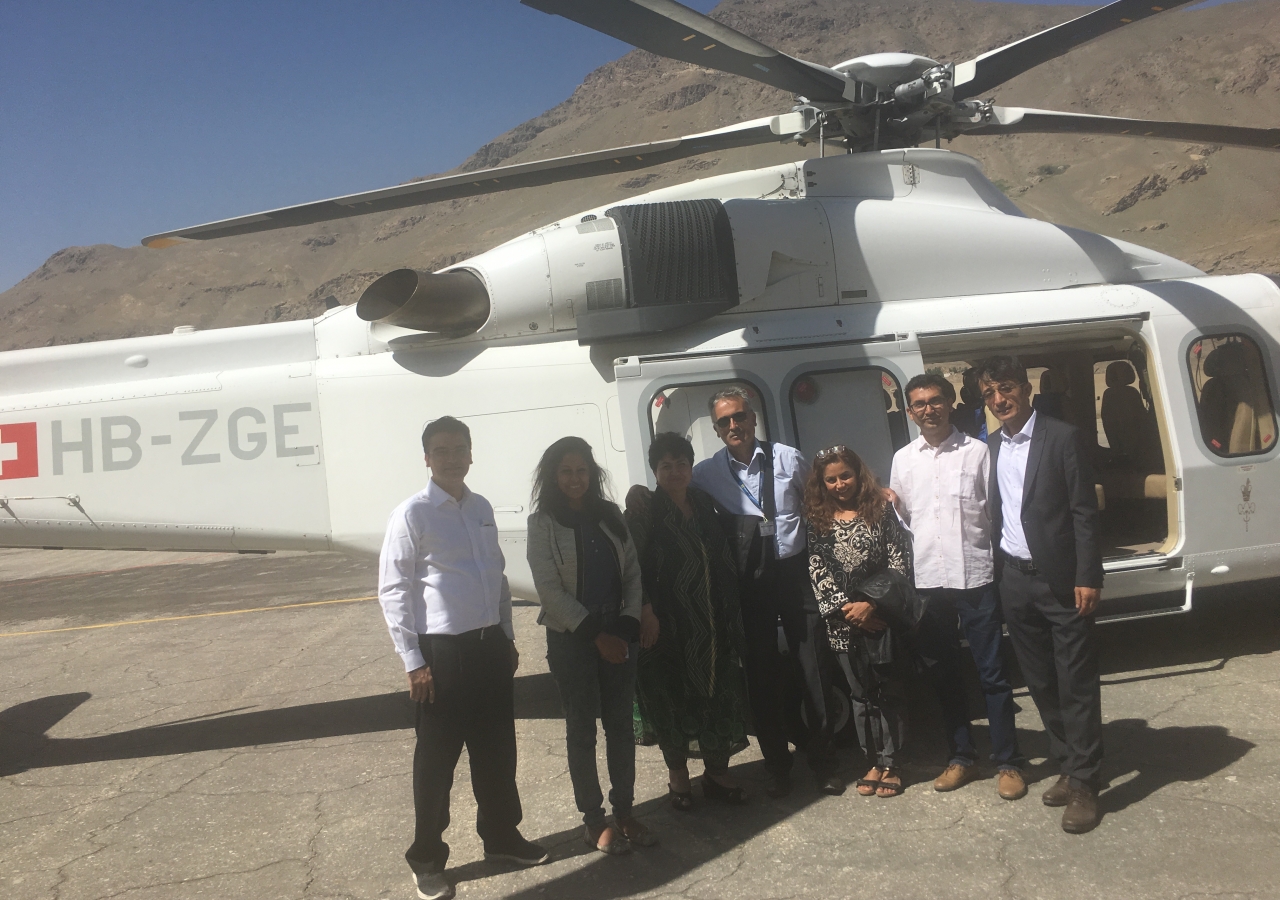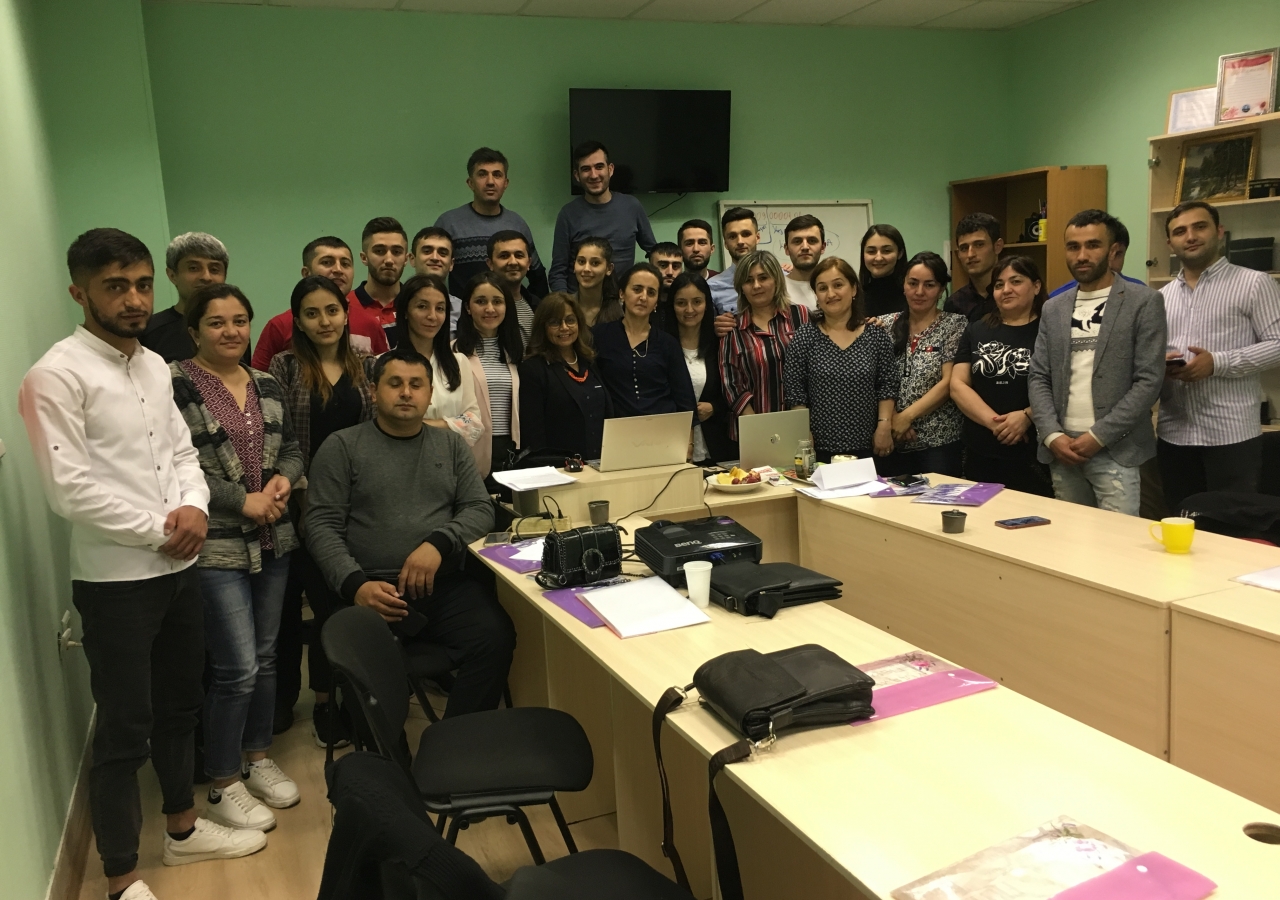It all began with a simple call that Dr Seema received from the Council for India, in late 2011. This phone call led to many more, culminating in a TKN assignment to launch India’s first Quality of Life (QoL) study, benchmarking to similar studies conducted by the Councils for USA and Canada. Using surveys, focus groups, and interviews, the QoL study covers a variety of qualities and attributes including income, education, housing, healthcare, skills and language; it provides insights about the needs and trajectory of the Jamat to help better decision-making.
“The Quality of Life Assessment establishes the scope and scale of certain issues, identifies patterns of challenges, pockets of opportunities, and areas of upward mobility,” Dr Seema said. “It lets us assess whether or not we are moving in the right direction and gives us the ability to make evidence-based decisions with statistical rigor and confidence. It enables institutional leaders to create a path forward for their Jamats, understanding not only the what, but also the why and the how.”
Over time, the Ismaili Council for India has completed three rounds of the QoL study, most recently in 2019, to continue to improve the quality of life of the Jamat. Each round has used superior techniques, better software and advanced analytics to improve decision making. Building on India’s success, a core team that included Dr Seema and Ashish Merchant, President of the Ismaili Council for India, was asked to support other countries in implementing the QoL study.
Since then, many other countries have adopted the QoL Assessment including Russia, Tajikistan, and Afghanistan. Dr. Seema has travelled to visit leaders of these countries and provide context and training to ensure a successful outcome. In each country, local TKN teams are formed to lead and manage the work on the ground with continued support from the global core team. In Tajikistan for example, the local team consists of volunteers, all of whom work for AKF Tajikistan, bringing even greater collaboration and expertise to the project.
President Ashish Merchant said, "Dr Seema Pissaris has been a stalwart in helping Jamati institutions evolve from ‘gut-feel’-based decision making to developing and leveraging sophisticated decision support systems that are built from a disciplined collection and use of research data. I have enjoyed collaborating with her on QoL exercises in India, Afghanistan, Tajikistan, Russia and other countries. She embodies the finest ethics of the TKN spirit to serve, and demonstrates how TKN volunteers can be a force to bring about permanent and powerful change in our institutions"
Dr Seema’s TKN efforts did not stop at information alone. Armed with data collected through multiple surveys in India, she helped bring two important programs to life. An academic residential camp teaching English, mathematics, and critical thinking skills that helps students from low-income families access quality education. Another significant effort is the development of income pathways designed to provide a source of income for families living in poverty. Both these initiatives are now being scaled and improved upon and have the potential for global adoption.
“My TKN work has been extremely rewarding,” Dr Seema said. “I have met incredible people from around the world and have experienced the words 'One Jamat'. It has opened my eyes to the global challenges we face but has also brought me enormous joy and lifelong friendships.” Each country assignment prepares her for the next opportunity, and she brings this global work to her classroom, informing her teaching, making her a better professor, a better person. She is grateful for what she has been able to contribute as well as for the immense blessings she has received.
Amir Baig, President of the Ismaili Council for Afghanistan, said “The QoL project was immensely helpful for Afghanistan and our strategic planning process. The QoL team, of which Dr Seema Pissaris was an integral part, has helped us to understand the needs of our Jamat and identify pathways forward in many areas including education, health care, habitat and economic activity. The Council for Afghanistan continues to utilise the assets created by the QoL project in our programmatic activity across the country, as it often serves as the basis of our planning. We are thankful to all the members of the QoL team including Dr Pissaris from the USA, President Ashish of India, Vice-President Hadi Alizadeh of Afghanistan, AKEB Chairman Aslam of India, and Shazmin Dosani from Department of Jamati Institutions (DJI). This was indeed a global collaboration of members from the Councils for Afghanistan, India, and USA, as well as DJI.”










